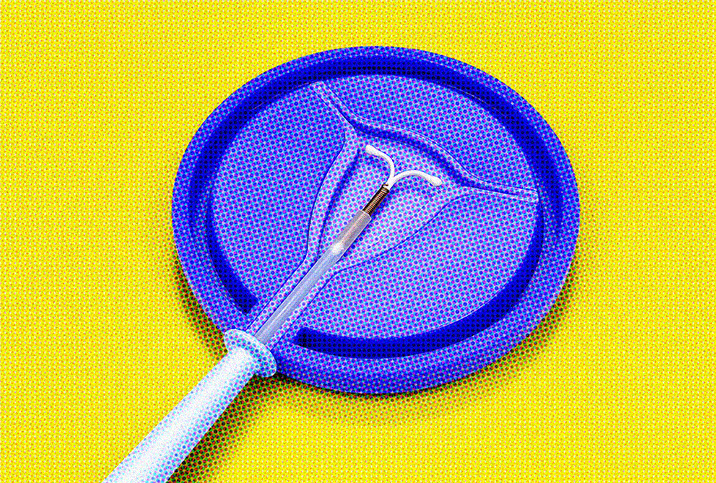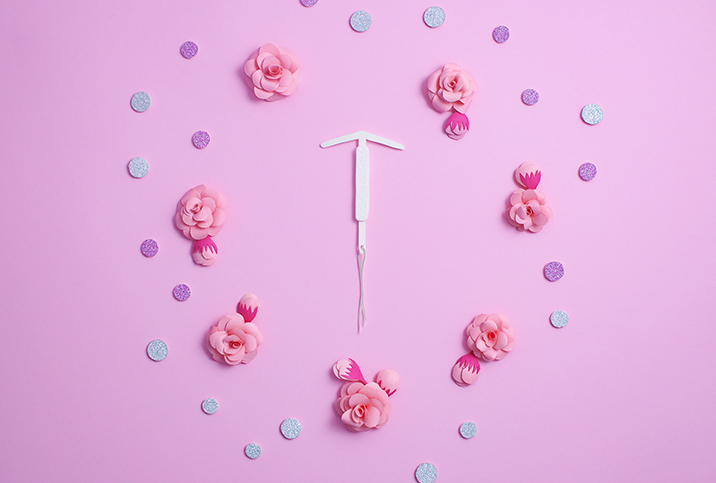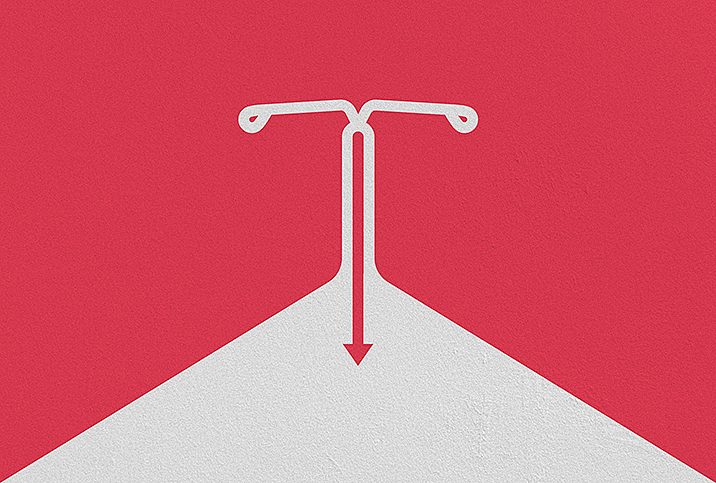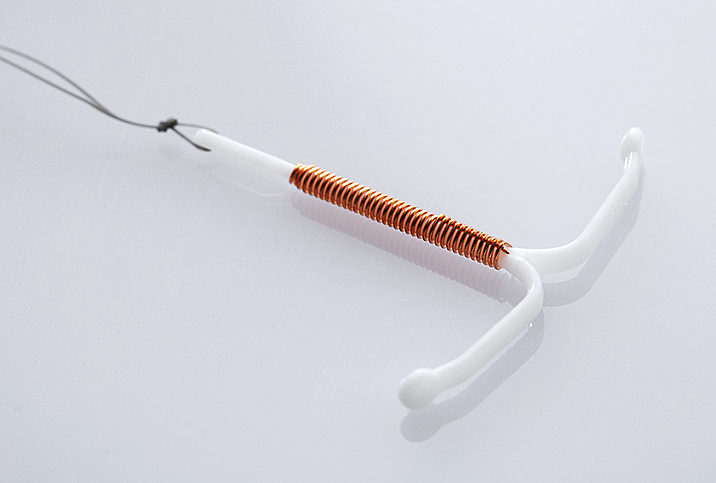More Than Birth Control: How IUDs Can Affect Your Libido, Sex Drive
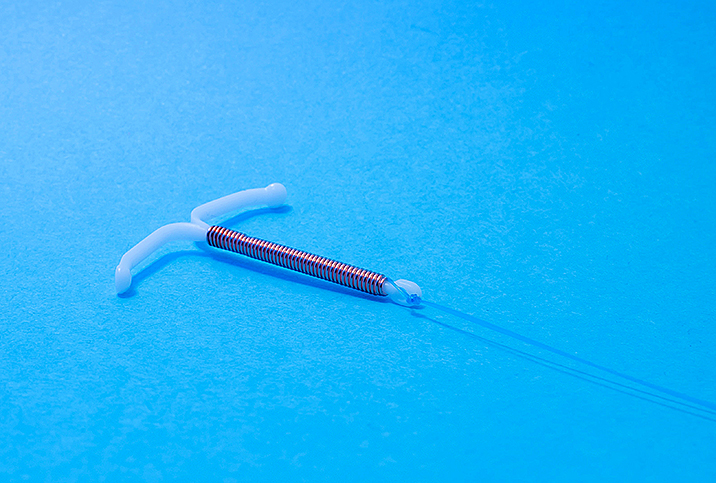
One of the most effective birth control methods available to women, intrauterine devices (IUDs), may also provide libido benefits.
Intrauterine devices (IUDs) are one of the most effective birth control methods available to women right now. They're more than 99 percent effective at preventing pregnancy and some don't have to be replaced for up to 10 years, which is why many women choose to get one. IUDs will help prevent pregnancy, but they may also improve the sex lives of women who get them.
How do IUDs work?
Intrauterine devices are small, T-shaped, flexible pieces of plastic that sit inside the uterus, where they prevent sperm from fertilizing an egg. Once an IUD is inserted, it doesn't have to be changed for three to 10 years. Hormonal IUDs not only prevent pregnancy, but can treat painful and heavy periods. The nonhormonal IUD called Paragard is the most effective form of emergency contraceptive and can prevent pregnancy up to five days after unprotected sex.
Do IUDs affect sex drive?
Hormonal intrauterine devices like Mirena, Kyleena, Skyla and Liletta deliver local doses of a hormone called progestin into the uterus. Compared to birth control pills, hormonal IUDs deliver smaller amounts of hormones, which is one of the reasons why women switch to IUDs.
Some women who get an IUD will notice their sex drive change. Women who've never taken hormonal birth control who get an IUD may experience an increased sex drive because of the hormones in some IUDs. Other women who switch from the pill to an IUD may notice their sex drive change because IUDs have fewer hormones than birth control pills.
The non-hormonal IUD Paragard delivers no localized hormones to the uterus, so women who have this IUD won't experience any changes in hormone levels that could potentially affect their sex drive. If a woman goes from taking birth control every day to getting a nonhormonal IUD, she may experience emotional changes or changes to her sex drive as the hormones from the pill leave her body.
Of course, every woman is different and what affects one person may not affect another in the same way. Some women say IUDs increase their sex drive and improve that aspect of their sex life, while others find hormonal IUDs decrease, or lower their libido.
How can an IUD affect libido?
In addition to influencing a woman's sex drive, IUDs can help take away some of the stress and anxiety that come with having sex. For women who don't want to become pregnant, sex can be stressful because the thought of getting pregnant is always at the back of their mind. Birth control pills are effective, but remembering to take a pill at the same time every day is difficult. Forgetting a pill can cause stress and anxiety. Condoms work too, but what happens if you run out or one breaks?
The idea of more sexual freedom because of an IUD sounds great—and many women experience this—but that sexual freedom might not come straight away.
Once an IUD is inserted, it's more than 99 percent effective for the time it's allowed to be in place. A woman with a Paragard IUD wouldn't have to worry about getting pregnant for up to 10 years. It's extremely rare for women to get pregnant with an IUD in place. Less than 1 percent of women with IUDs get pregnant every year. Having peace of mind about your birth control can definitely improve your sex life. IUDs give women the freedom to have sex whenever they want, which empowers many women to explore their sexuality more.
Some women with painful and heavy periods find their sex lives negatively affected because they don't feel like having sex when they're in pain or heavily bleeding. IUDs can help by making periods lighter, shorter and less painful. This gives women more days during the month when they might feel like having sex.
The idea of more sexual freedom because of an IUD sounds great—and many women experience this—but that sexual freedom might not come straight away. Getting an IUD put in can be painful and it can take some time for the body to adjust to a new form of birth control. Spotting and cramping are normal for a few days or weeks after getting an IUD, and it can take months for women to see improvements in their periods. For many, the wait is worth it for that three to 10 years of birth control.
It's also worth noting that even though IUDs are great at preventing pregnancy and can help improve a woman's sex life, they can't prevent sexually transmitted diseases (STDs). Using condoms along with your IUD is the only way to keep yourself from getting an STD, so even though your IUD may make you feel more empowered in your sex life, using condoms is essential if you're not sure whether your partner has any STDs.












